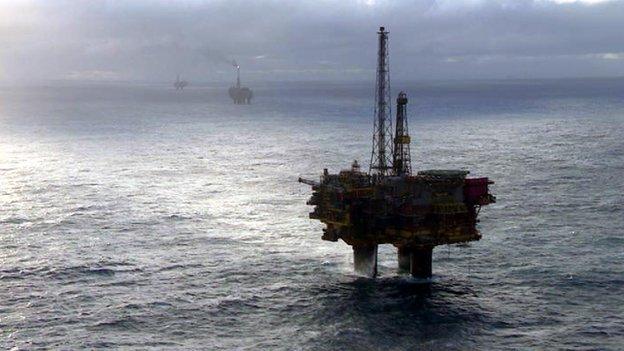Offshore platforms 'should be cleaned and left behind'
- Published
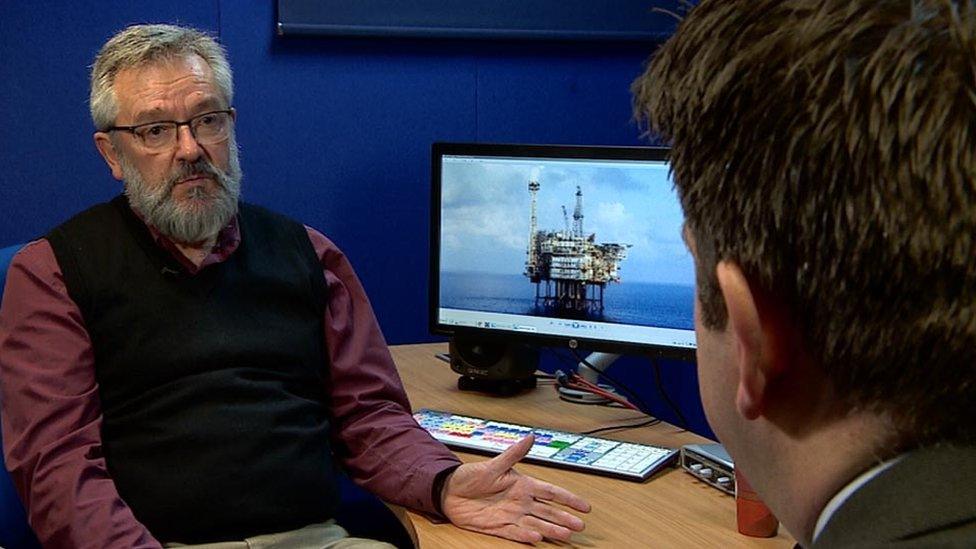
Tom Baxter called for offshore infrastructure to remain
Oil and gas platforms in the North Sea should be cleaned up and left in position rather than removed, according to a leading academic.
Tom Baxter, a senior University of Aberdeen lecturer in chemical engineering, said there was no environmental reason for removing infrastructure at huge taxpayer cost.
Mr Baxter said platforms could instead provide ideal habitats for marine life.
He suggested money for decommissioning could then be spent on green energy.
Infrastructure placed on the seabed normally has to be removed.
In a paper to the independence-supporting think tank Options for Scotland, Mr Baxter argues that platforms do not have to be removed.
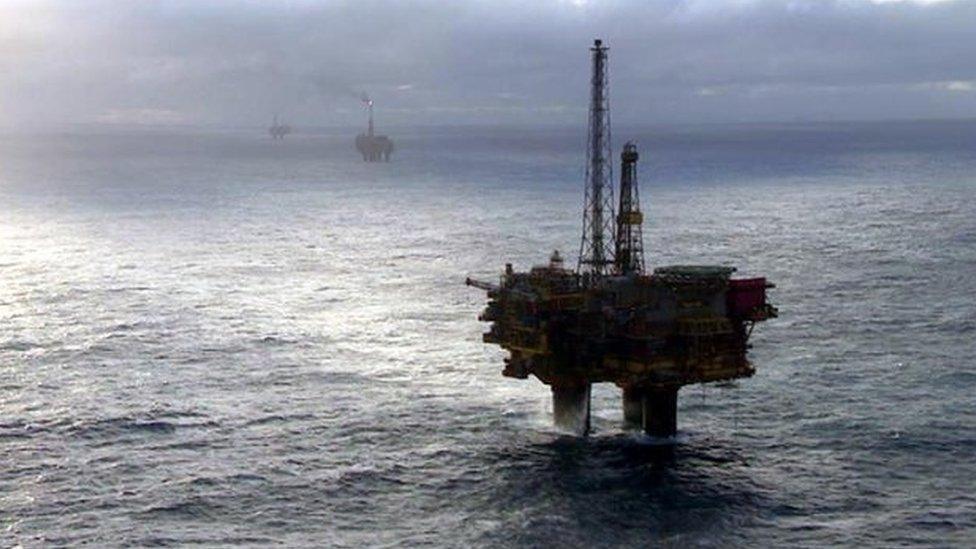
However, environmental campaigners said oil firms should not be allowed to avoid their obligations.
In the UK, the liability for decommissioning is split between oil companies and the Treasury.
'Very resilient'
The cost to the taxpayer has been estimated at £24bn.
Under international agreement any infrastructure placed on the seabed has to be removed unless there are exceptional circumstances for leaving it.
Mr Baxter said: "We can make these assets clean.
"We can remove anything that we think might be harmful and I've yet to get an environmentalist to tell me that clean metal in the sea is a particular problem.
"It will certainly rust and in time it will fall onto the seabed but the bio-community on the seabed is very resilient. It will form a reef of the material that's there and many environmentalists actually say that's a benefit.
"That is what they are doing in the States."
Protect environment
A Department for Business, Energy and Industrial Strategy spokesperson said: "Offshore oil and gas operators must decommission installations and pipelines at the end of a field's economic life.
"This is done in accordance with UK and international obligations and is delivered in a safe, efficient and cost-effective manner for taxpayers, while minimising the risk to the environment and other users of the sea."
Lyndsey Dodds, head of UK marine policy at WWF, said: "The Ospar agreement rules, external are there to make sure the marine environment is protected.
"However, the rules already allow for companies to seek permission to leave some material behind, where moving it would result in unacceptable risk to staff or the environment and we support that principle.
"Given the very generous tax-breaks and incentives the oil industry has received over the years the idea that it might be allowed to wriggle out of its internationally-agreed obligations to clean up its mess is unacceptable.
"Having made hundreds of millions of pounds in profits, the polluter should now pay."
- Published28 November 2017
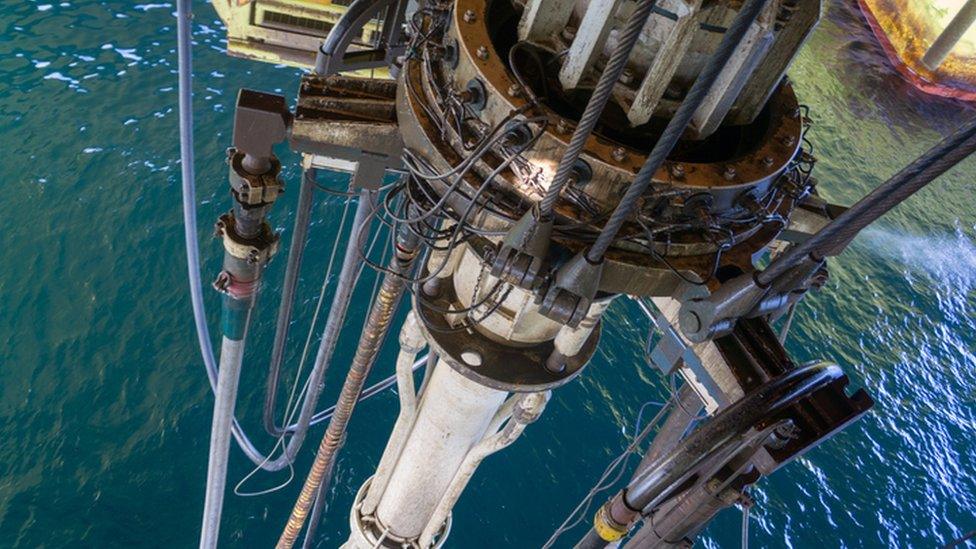
- Published10 April 2017
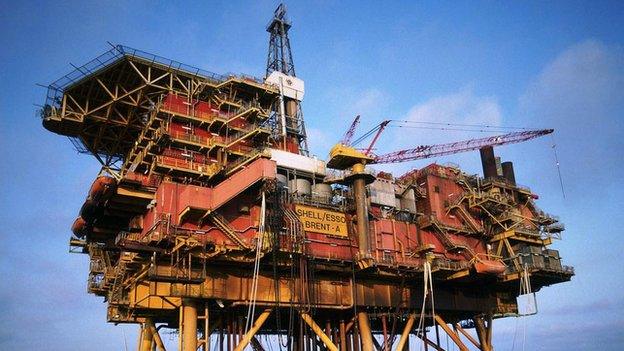
- Published23 January 2017
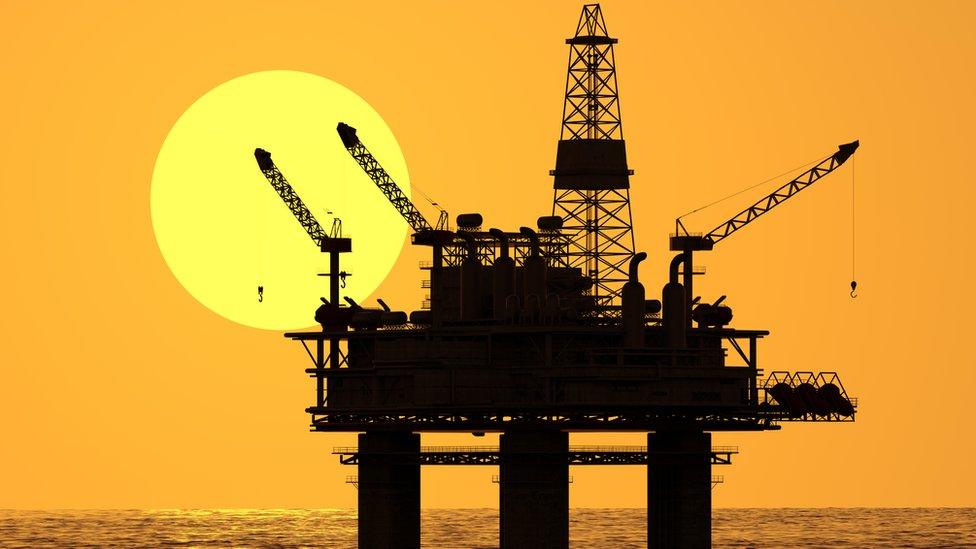
- Published21 November 2016
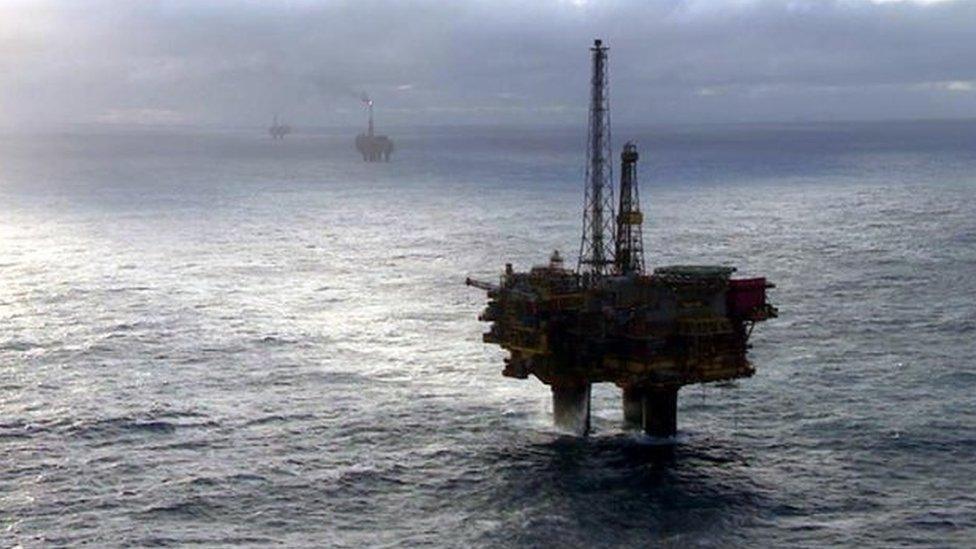
- Published28 May 2015
